What Dr. Ibram Kendi’s Appointment to Howard Means for HBCUs—and Black Scholarship
Diverse: Issues in Higher Education
FEBRUARY 4, 2025
Kendi, a historian and antiracist activist, has made waves since publishing Stamped from the Beginning , which won the 2016 National Book Award for Nonfiction. Mellon Professor in the Humanities at Boston University, where he founded the Center for Antiracist Research under a five-year charter in 2020.


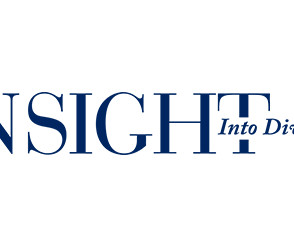
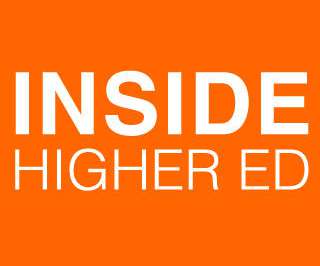
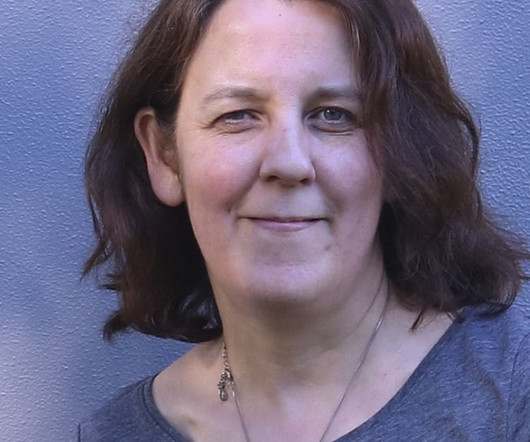
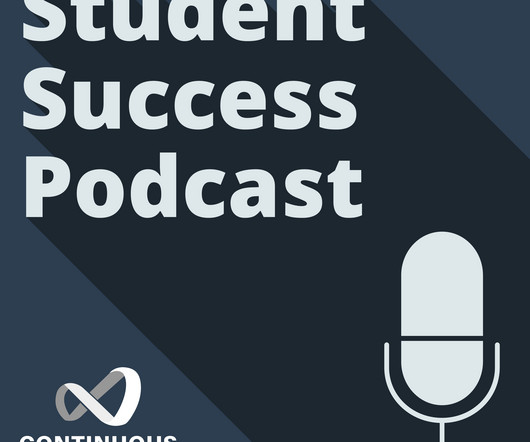









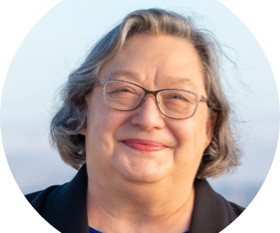








Let's personalize your content